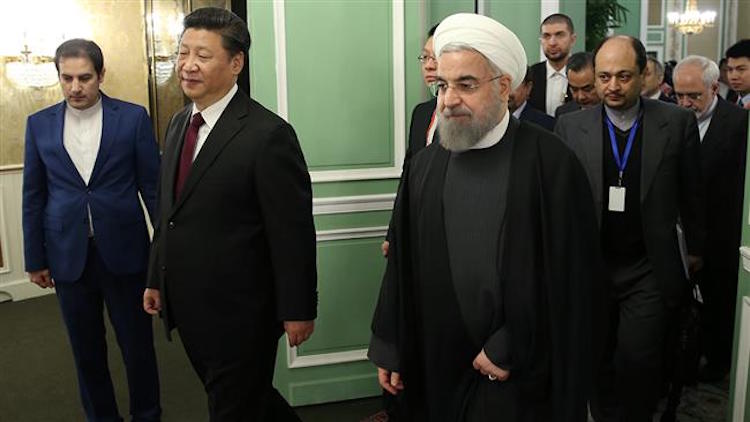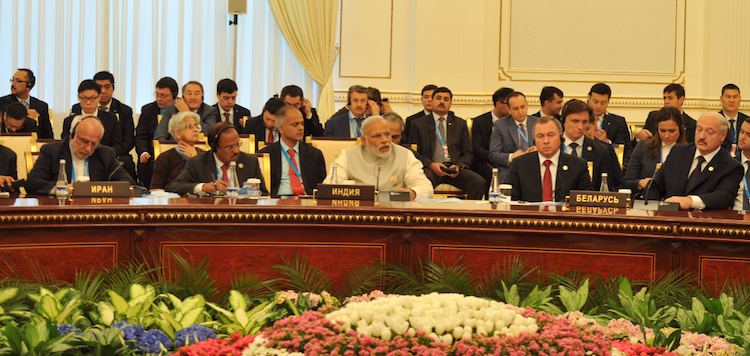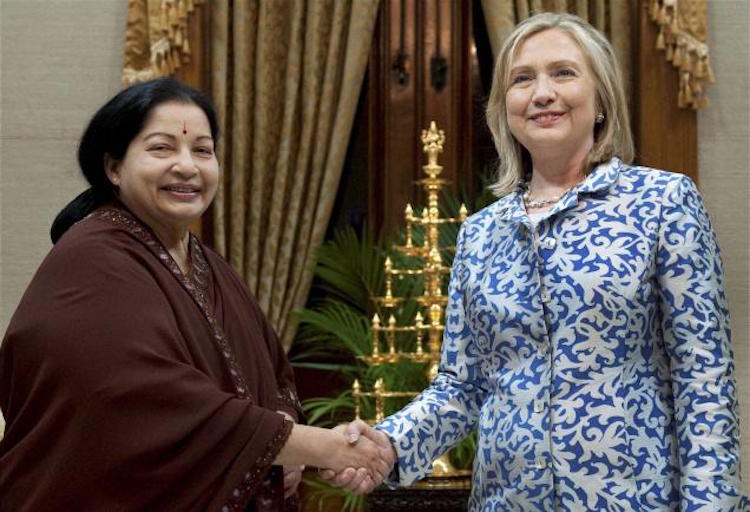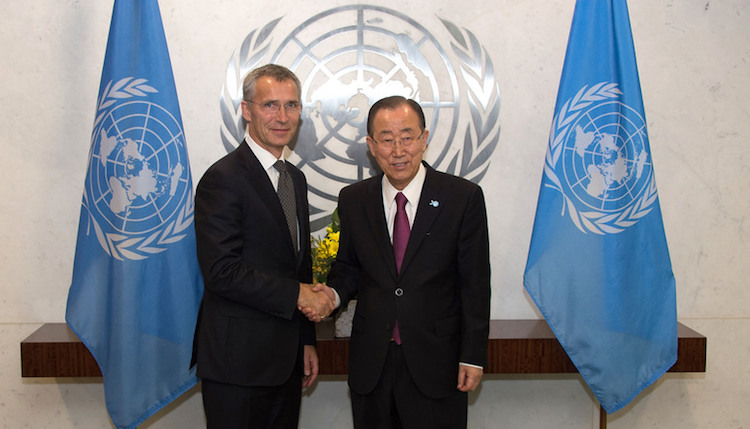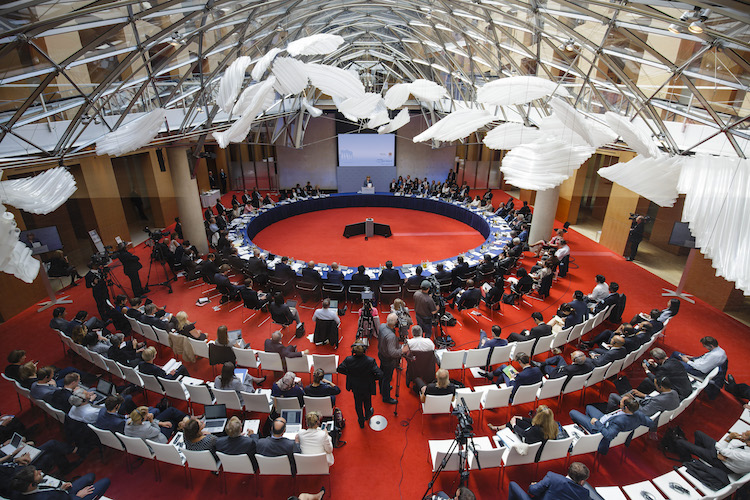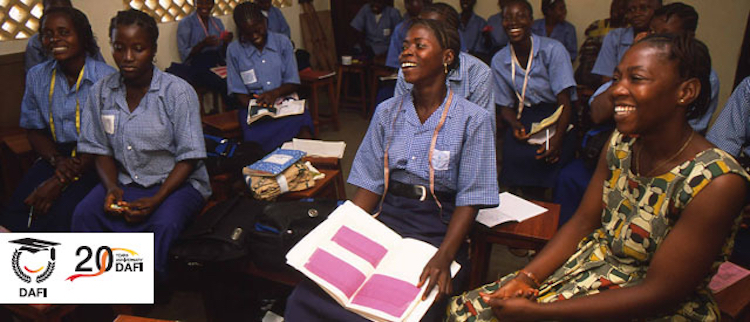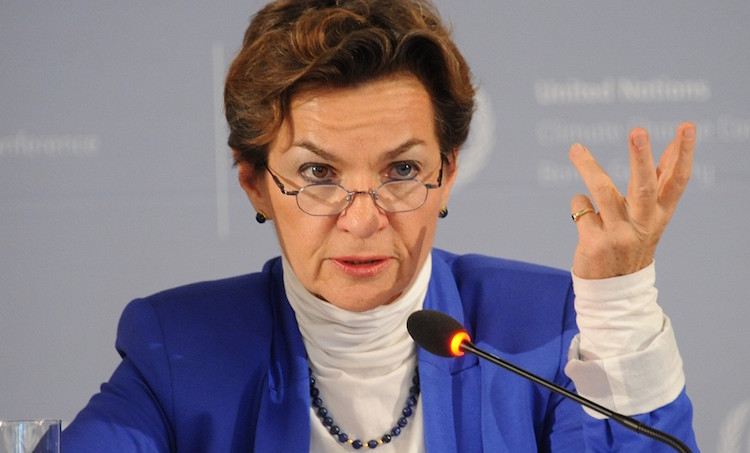Analysis by Debalina Ghoshal *
NEW DELHI (INPS-IDN | Yale Global) – Since the signing of the controversial Iranian nuclear deal that lifted most international sanctions, China has emerged as a principal beneficiary. This is as much a result of aggressive Chinese push as it is difficulties faced by the West. China has pursued opportunities in the Iranian nuclear energy market, increased investment and expanded influence, with what could be rightly called a Middle Eastern pivot.
The country predicted to become the world’s largest energy consumer by 2030, is wasting no time in availing itself of Iran’s energy resources. China’s demand for oil imports is expected to grow from 6 million barrels per day to 13 million by 2035, and Iran, ranked fourth in the world with proven oil reserves and second with reserves of natural gas, is considered a reliable supplier.

